Introduction to Supracal Tablet
Supracal tablets contain a combination of Calcium citrate, Vitamin D3, Magnesium, and Zinc as active ingredients. These tablets are categorized under nutritional supplements and are primarily used to prevent low calcium levels, high phosphate levels in the blood, and to manage conditions like osteoarthritis and other bone-related diseases. Calcium citrate aids in bone formation, helping to prevent bone thinning. Vitamin D3 supports the maintenance of calcium and phosphorus levels in the blood, enhancing bone mineralization. Magnesium contributes to the preservation of bone mineral density, while Zinc promotes skeletal growth. This medication is not recommended for children unless prescribed by a doctor.
Common side effects of Supracal tablets include stomach upset, upper abdominal pain, diarrhea, constipation, nausea, and vomiting. These side effects typically resolve on their own, but if they persist, it’s important to consult a doctor. The dosage of Supracal should be taken as directed by a healthcare provider, as it may need to be adjusted based on age and medical condition. Avoid taking Supracal if you are allergic to any of its components. Inform your doctor if you have conditions like hypercalciuria, hypercalcemia, or any liver, heart, or kidney-related issues, as this medication is not recommended for patients with severe kidney disorders. Additionally, if you are pregnant, planning to become pregnant, or breastfeeding, consult your doctor before starting this medication, as dosage adjustments may be necessary.
Uses of Supracal Tablet
- Treatment of Calcium and vitamin deficiency.
- Treatment of osteoporosis and bone-related disorders.
Therapeutic Effects of Supracal Tablet
Supracal Tablet combines Calcium citrate, Vitamin D3, Zinc, and Magnesium. It works by maintaining bone density, which helps to treat low calcium levels and high phosphate levels in the blood, and it is used to generate bone-forming cells by inhibiting the action of bone destruction cells. It helps in the development of bone mass, providing relief from muscle pain and enhancing metabolism.
Interaction of Supracal Tablet with other drugs
Inform your doctor about any prescribed medications, over-the-counter medicines, nutritional or vitamin supplements, and herbal products you take or have taken before the treatment. Certain medications may interact with Supracal tablet and can cause undesirable side effects.
More Information about Supracal Tablet
- Do not store above 30°C
- Keep away from the sight of children
- Always check the expiry date before consuming it.
How to consume Supracal Tablet
Take the Supracal tablet as your physician advises. Usually, the tablets will be taken with or without food. Do not crush, chew, or open the medicine. Your physician will decide the correct dosage and duration based on age, body weight, and disease condition. Only stop taking the tablet if your doctor advises you to stop.
Safety Advices

Pregnancy
Limited information is available on using Supracal tablet during pregnancy. Notify your healthcare professional if you are pregnant or planning to have a baby think you may be pregnant. Your doctor will suggest this medicine only if needed.

Breast Feeding
It is unknown whether Supracal tablet is excreted in breast milk. So, before starting the treatment, inform your doctor if you are breastfeeding. Constant your doctor for more information. Your doctor will suggest this medicine only if needed.

Lungs
It is unknown whether Supracal tablet is safe for patients with lung problems. Inform your physician if you have any lung disease before starting the treatment. Contact your doctor if you experience any lung-related symptoms.

Liver
It is unknown whether Supracal tablet is safe for patients with liver problems. Inform your physician if you have any liver disease before starting the treatment. Contact your doctor if you experience any liver-related symptoms.

Alcohol
Avoid consumption of alcohol while taking Supracal tablet, as it decreases the effectiveness of this medication.

Driving
It is safe to use Supracal tablet while driving as it does not impair the ability to drive or handle heavy machines.
Side Effects
Side effects are unwanted symptoms caused by medicines. Even though all medications cause side effects, not everyone gets them.
Serious
- Hypercalcemia
- Muscle weakness
Common
- Stomach upset
- Abdominal pain
- Loss of appetite
- Excessive thirst
- Constipation
- Nausea
- Vomiting
- Stomach pain
Word of Advice
Before taking Supracal tablets, inform your doctor if you have any kidney problems or a history of kidney stones. It’s also important to disclose any other medications you are taking, including those for high blood pressure, infections, heart disease, or bone disorders. Do not take an extra dose to make up for a missed one. If you experience any serious side effects, notify your doctor immediately. Patients with kidney issues should use Ranitidine with caution and inform their doctor about all existing medical conditions and medications they are taking. Do not stop taking the medication unless advised by your doctor. Your healthcare provider will inform you if any dosage adjustments are necessary. For further information, contact your doctor.
FAQs
Q 1. Can I take Supracal tablet while driving?
Yes, it is safe to take Supracal tablet while driving because it does not impair driving ability.
Q 2. How to manage the side effects of Supracal tablet?
To manage the side effects of Supracal tablet, follow your doctor’s instructions, stay hydrated, and monitor the changes. Report severe side effects to your doctor and inform them about other medications or conditions. Maintain a healthy lifestyle and consult your doctor for personalized guidance.
Q 3. What is the ingredient present in Supracal tablet?
Supracal tablet contains active ingredient called calcium citrate, vitamin D3, magnesium, zinc.
Fact Box
Molecule Name: Calcium citrate+ vitamin D3+magnesium+zinc
Pharmacological class: Dietary supplement
Therapeutic class: Calcium and vitamin supplements
Indications:
1. Treatment of calcium and vitamin deficiency.
2. Treatment of osteoporosis and bone-related disorders.

 MEDICINES
MEDICINES PATIENT ASSISTANCE PROGRAMS
PATIENT ASSISTANCE PROGRAMS IMPORTED MEDICINES
IMPORTED MEDICINES CONTACT US
CONTACT US Upload
Upload




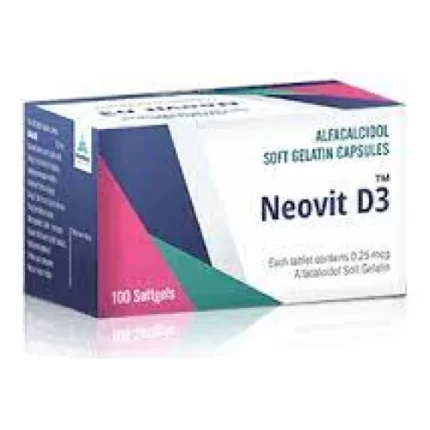

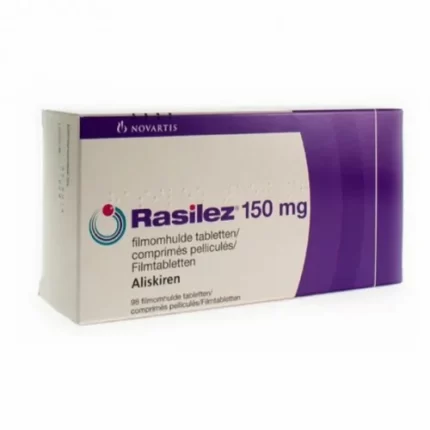
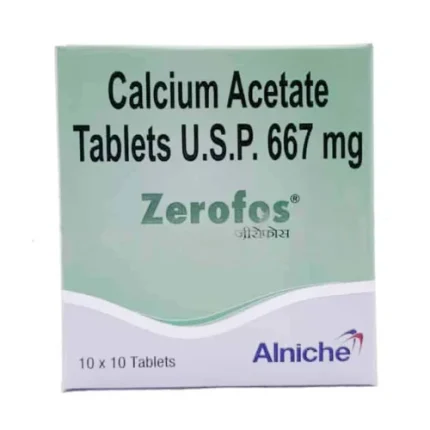
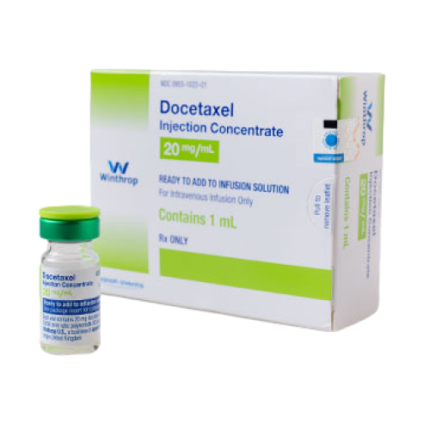
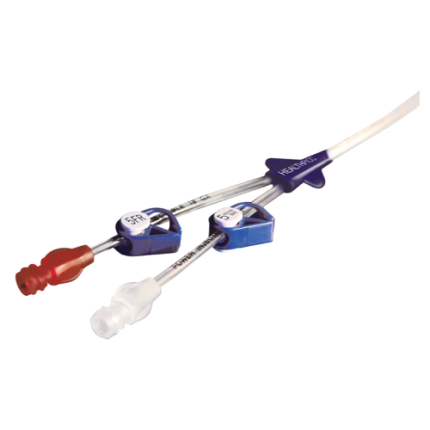

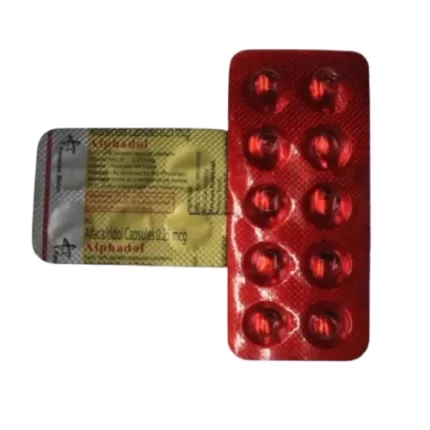
Reviews
There are no reviews yet.